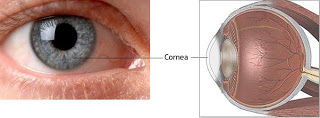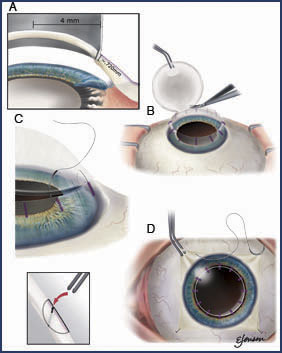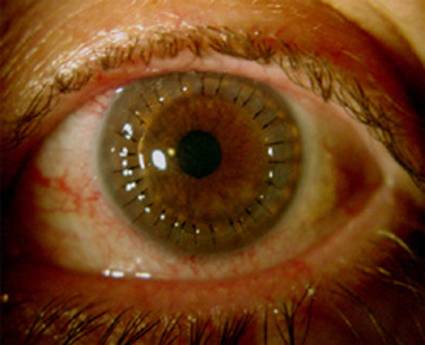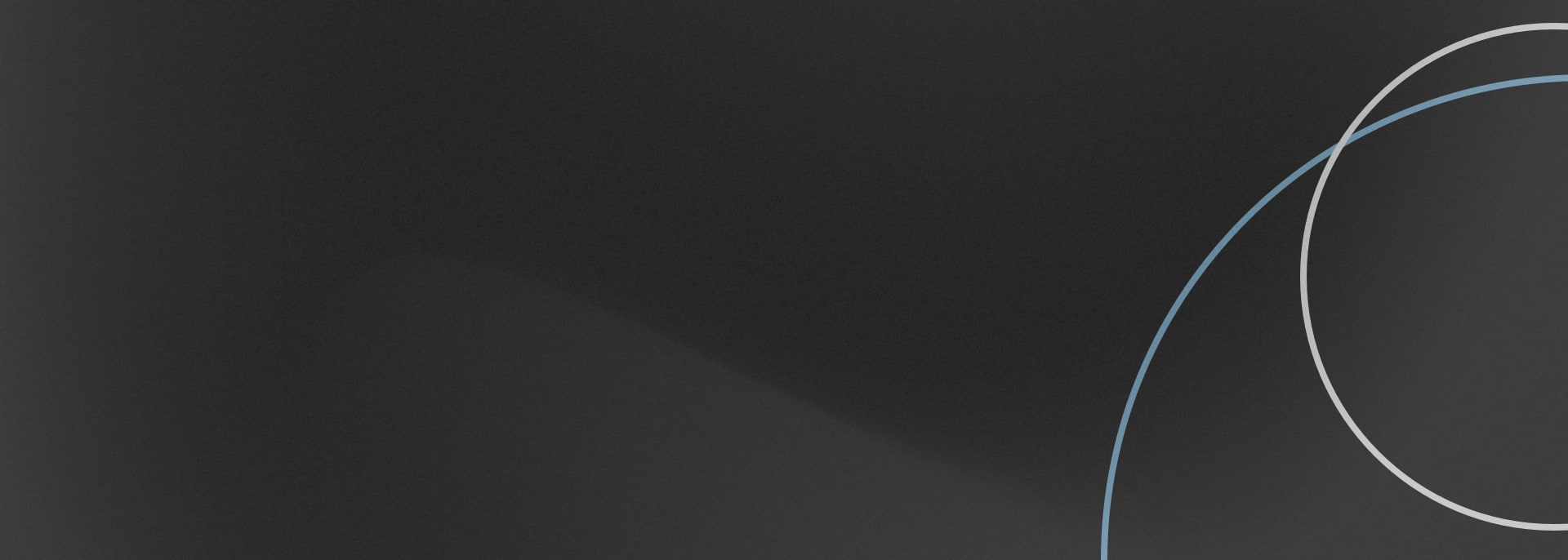Yesterday I had the not so pleasant experience of having to scare one of my patients out of wearing contact lenses. It inspired me to write a little about contact lenses and those who (over)wear them.

It has occurred to me, over the past year or so, that some patients are addicted to wearing contact lenses. These people are like the crack addicts of the ophthalmic world. They need contacts. They’ll do anything to get contacts. They will come in begging for samples. And when you suggest to them that they should quit, they freak out!
For these people, going straight and cleaning up their act means having to wear glasses. And just like any other addiction, its hard for people to quit cold turkey. They come up with all sorts of excuses like “I don’t like my frames”, “I lost my glasses”, “Glasses make my face look fat”. Well I got news for you, Chubs… Its not the glasses!
Anyway, this is where I come in. I’m like the motivational speaker on those self help tapes that tell people that they are strong and in control of their lives. “Where there’s a will, there’s a way” and all that good stuff. Oh and also, if they don’t quit, they could go blind.
That last note usually helps me get people’s attention. And it worked yesterday with my 19 year old patient who had been wearing coloured contacts (not the best quality lenses) 7 days a week for the last 5 years. She does not own a pair of glasses and therefore has been wearing her contacts from morning until night.
Why is this so bad?

The cornea, which is the clear dome at the front of our eyes, has a very high demand for oxygen. The only place the cornea can get oxygen is from the air around us. As you can imagine, covering the cornea with a piece of plastic will significantly reduce the amount of oxygen that gets through. The cells of the cornea starve for oxygen and start to break down causing the cornea to become less clear thus making vision blurry.
The body’s response to this lack of oxygen involves creating new blood vessels into the cornea. This is called neovascularization. While this may seem like a good idea, it is actually the exact opposite. If the blood vessels grow too far into the cornea, they can begin to obstruct/distort vision. There is no way to reverse neovascularization of the cornea. It can be stopped or slowed down by decreasing contact lens wear. But if it is very significant, the only treatment is corneal transplant surgery. And believe me when I tell you, you do not want corneal transplant surgery.


Its sad to see a person as young as 19 be at risk of permanent vision loss. But, with a little treatment and staying out of contacts for a while, her eye health (and vision) should improve.
As useful and convenient as they are, contacts can cause a multitude of different ocular problems if worn incorrectly. All patients who wear contact lenses should have regular eye exams.






